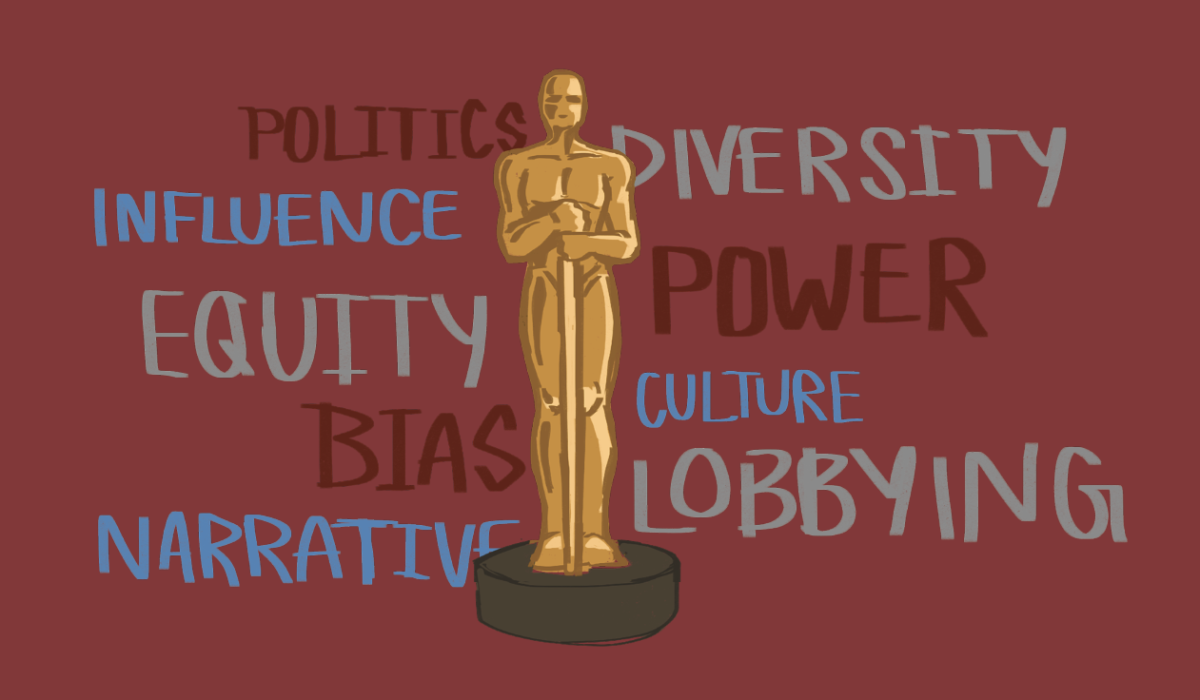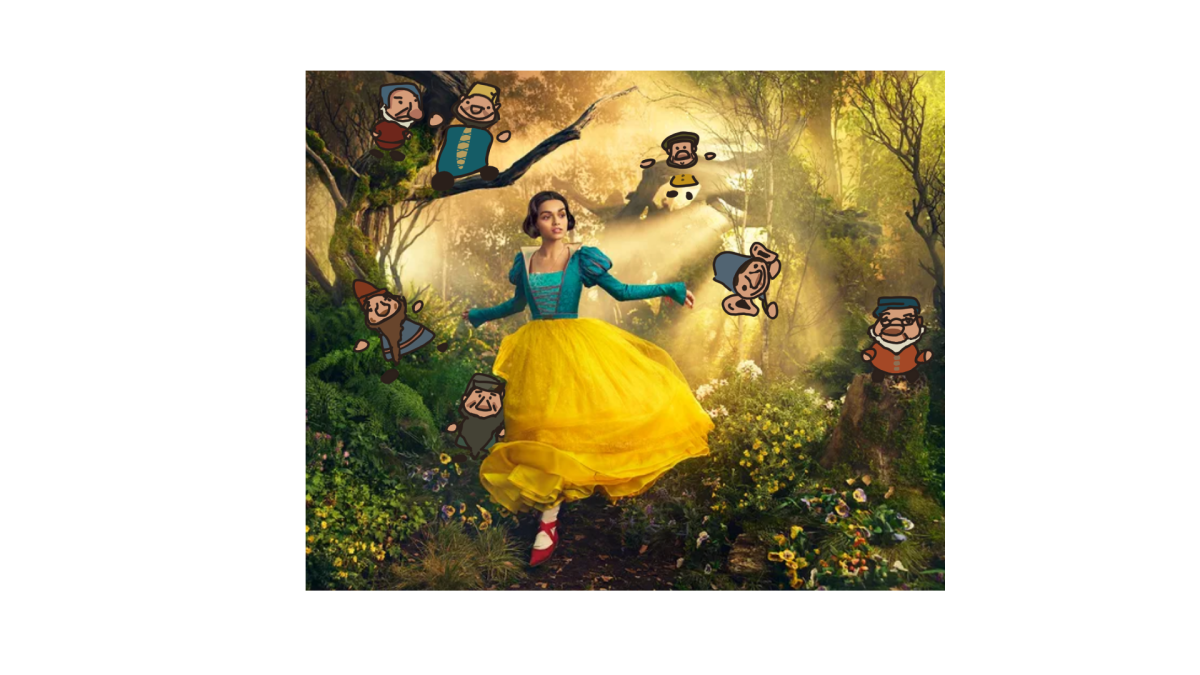With the commencement of Hollywood’s award season, the Oscars once again take center stage as a celebration of cinematic achievements. Every year, the Oscars captivate millions with the promise of honoring the best in filmmaking, from groundbreaking storytelling to creative musical scores. However, behind the glamor of red carpets and golden statuettes lies a far more complex reality: a world shaped by industry politics, aggressive lobbying and evolving societal dynamics. Who wins and who loses often tells us just as much about the politics of the entertainment industry as it does about the quality of the films themselves.
Throughout their nearly century-long history, the awards have been a stage where art meets influence, with its outcome frequently reflecting the undercurrents of industry maneuvering and cultural priorities. Properly understanding the Oscars, however, requires looking beyond the acceptance speeches and trophies to the systemic forces at play.
Founded in 1927, the Academy of Motion Picture Arts and Sciences quickly became an influential body capable of shaping narratives both on and off the stage. The Oscars emerged as a key tool in this effort, elevating certain films and creators while sidelining others based on prevailing politics. Decisions like honoring “Gone with the Wind” during an era of racial segregation show how the Academy has historically reflected and reinforced the biases and priorities of its time. In the 21st Century, studio-backed lobbying has transformed Oscar campaigns into strategic battlegrounds. Harvey Weinstein famously mastered aggressive campaigns in the 1990s and early 2000s, championing films like “Shakespeare in Love.” Studios pour millions into securing nominations and wins, employing PR strategies, exclusive screenings and gift-filled events to court voters. These campaigns often blur the lines between recognition of talent and manipulation of influence.
Movements like #OscarsSoWhite highlighted the Academy’s lack of diversity, sparking calls for change. While reforms, such as expanding membership and nominating more diverse creators, have led to milestones like “Parasite’s” Best Picture win, questions arise about whether these shifts are substantive or merely performative. The Oscars are more than a celebration of film; they are a lens into the power structures and priorities of the entertainment industry. As viewers, it is crucial to engage with these dynamics critically, recognizing how they shape not only who wins but also whose stories are told.





















